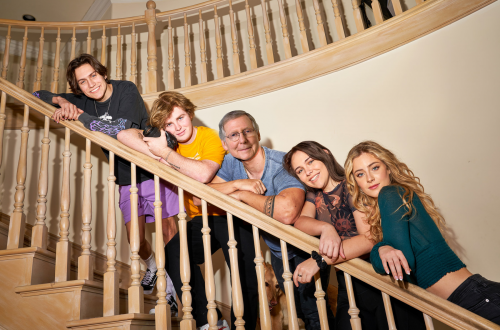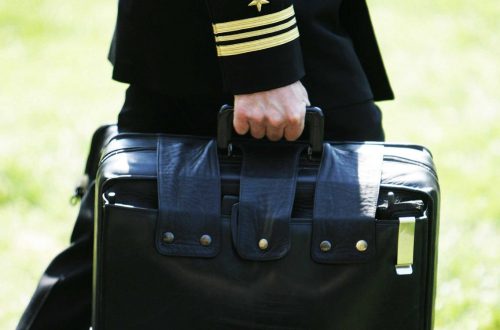Using Local Resources, Peer Health Exchange Begins Educational Programs for UChicago Students
By Jeremy Wilson
Nov. 10, 2012
Peer Health Exchange (PHE) recently expanded their mission from promoting safe sex practices in the surrounding community to helping UChicago students understand how to have sex. In an attempt to fully realize the Exchange in their organizations name, the leaders of PHE have been encouraging students from the local community to help UChicago students with this major issue.
The fledgling program, which brings high school students from a variety of Chicago neighborhoods to Hyde Park, seeks to give advice to inexperienced University students on a range of issues surrounding healthy sexual practices. Sessions thus far have included topics from “Simple Social Skills (SSS)” to “Holes, Which Holes?”
Rose Osburn, a first-year in the College, believes this is a major issue for UChicago students. Despite attending frat parties multiple times per week, I can never find anyone to take me back to my dorm. Another participant, Dennis Corbit, said, “I never realized how helpful it is to look at girls while talking to them. I always figured any eye contact would be perceived as creepy. The lessons I am learning from these kids are already making a huge difference in my life.”
Those involved in PHE hope this new program could make a significant difference in their social lives, and many administrators are supporting the work.
Amy Chan, the director of the University Community Service Center is backing the initiative. This is exactly the sort of broad-based engagement we hope our students have with the surrounding community, she said. The entire idea of service learning is that a service project such as PHE is beneficial for everyone involved, students and community members.
Other campus leaders are more hesitant, including John Boyer, the Dean of the College. He fears that this program could irreversibly change UChicagos unique image.
If we make our students too socially well-adapted, they might stop going into Ph.D. programs, Boyer said. We could lose our reputation as the source of some of the nations best future professors.
Nevertheless, PHE is proceeding with the program. In a random study outside of Cobb Hall it was determined that 6 out of 11 students walking past the RSO table expressed interest in PHE after hearing about their new program, or wanted a piece of candy. According to PHE members, if interest remains at present levels, the initiative may need to grow to more high schools. As one member noted, “We are starting to see amazing results from this dialogical program. We’re doing community service and learning how to service. What else could you want?”



